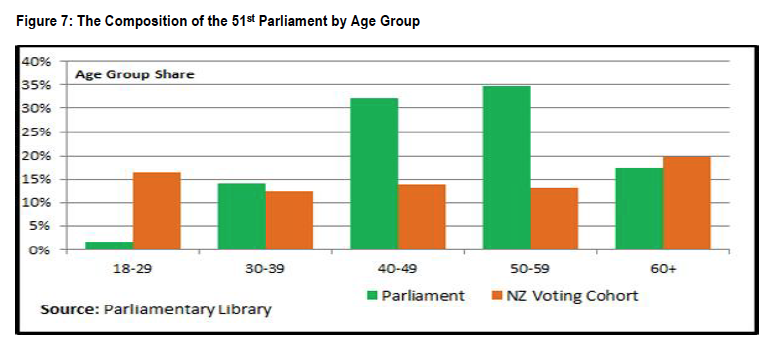Last week, the Greens announced they were
standing aside for (spit) Greg O'Connor in Ohariu. Today,
the Maori Party cut a deal with Mana to split the Maori seats. And sometime in the next six months we will no doubt see National cut a similar deal in Epsom to ensure David Seymour continues to receive a Parliamentary salary.
These deals are incentivised by the rules of MMP, as the one electorate rule magnifies the effect of certain seats by making full representation of smaller parties dependent on them - thus encouraging parties to either step aside to allow an ally to be represented, or gang up to prevent the representation of an enemy. Lots of (mostly older) voters hate them, seeing them as a perversion of democracy (apparently all parties are obligated to run in all seats or something, regardless of whether its in their interests or they can afford it or not). Their response is to remove the incentive by revoking the one-electorate rule. But this would have a negative effect on proportionality, by arbitarirly denying parties their full representation. Fortunately, there are other ways of doing it.
The first, and most obvious, is to completely remove the 5% threshold. Its an arbitrary limit, put in place by the big parties to limit competition, under the guise of "Keeping extremists out". Except New Zealand has no extremists, and in the historic case it is supposedly there to prevent - Nazi Germany - those extremists won 30% of the vote. The 5% threshold undermines proportionality for no good purpose. What it
does do is incentivise electorate deals in order to sidestep it. So, remove the threshold, give every party its full allocation of seats according to the modified Sainte-Lague formula, and electorate deals (and indeed electorates) simply cease to be relevant. Problem solved.
Another solution is to introduce preferential voting in electorate seats. This is something we should be doing anyway to ensure that every electorate candidate has majority support, but it would have the bonus of removing any incentive for the sorts of deals we are seeing in Ohariu or the Maori seats, by removing "vote splitting" from the electoral calculus. Parties would be free to stand (and compete for the party vote) without fear that by doing so they might be advantaging or disadvantaging some other party. Instead, the preferences can flow where they may.
Either of these would remove, or strongly reduce the incentives for electorate deals. Either would be a far better change to our electorate system than removing the one-electorate rule, in that they would improve proportionality and/or return power to the voters rather than the parties. The question is whether the big parties will support them, rather than trying to distort the system to their own advantage. Sadly, given their response to the Law Commission review, I suspect it will be the latter.
